New Delhi, Aug 4 (IANS) A dissenting judgment, as ordinarily understood, is a judgment or an opinion of a judge, sitting as part of a larger bench, who 'dissents' (i.e. disagrees) with the opinion or judgment of the majority. Dissenting judgments or opinions appear in different ways.
Tracing, exploring and analysing all dissenting judgments in the history of the Supreme Court of India, from the beginning till date, Rohinton Fali Nariman, in "Discordant Notes - The Voice of Dissent in the Last Court of Resort" (Penguin), brings to light the cases which created a deep impact in India's legal history.
From the famous Bengal Immunity Co Ltd v. State of Bihar in 1955 to Bhagwandas Goverdhandas Kedia v. Girdharilal Pashottamdas and Co in 1966, State of Bombay v. The United Motors (India) Ltd in 1953, Superintendent & Legal Remembrancer, State of West Bengal v. Corporation of Calcutta in 1967, Supreme Court Advocates-on-Record Association v. Union of India in 1993, Mafatlal Industries v. Union of India in 1997 and Pradeep Kumar Biswas v. Indian Institute of Chemical Biology in 2002, Keshava Madhava Menon v. State of Bombay in 1951, United Commercial Bank Ltd. v. Workmen and Ram Singh v. The State of Delhi in the same year and Union of India v. West Coast Paper Mills Ltd. in 2004 among others, this two-volume definitive work is a thorough examination of the important dissenting judgments of the Supreme Court of India, and of some of the Judges of the Supreme Court who have gone down as 'Great Dissenters', for having written dissents of legal and constitutional importance, some of which have gone on to be recognised as the correct position of the law.
Comprehensive, definitive, and authoritative, this is a must a must-have for legal scholars and practitioners. Besides, the book will greatly interest policymakers as well as anyone, interested in India's legal history.
Justice Rohinton Fali Nariman, a Parsi priest, a scholar of western music and comparative religion, is a sitting judge of the Supreme Court of India. A polymath and a polyglot, he is an institution in himself. Justice Nariman was formerly Senior Counsel, Supreme Court. Justice Venkatachalaiah amended the rules in order to make him a Senior Counsel at the young age of 37 against the mandatory age of 45.
Justice Nariman has practiced Maritime Law in New York at Haight, Gardener, Poor and Havens for 1 year. He has practiced law for the last 35 years with over 500 reported Supreme Court Judgments to his credit. He is an expert in Comparative Constitutional Law and Civil Law.







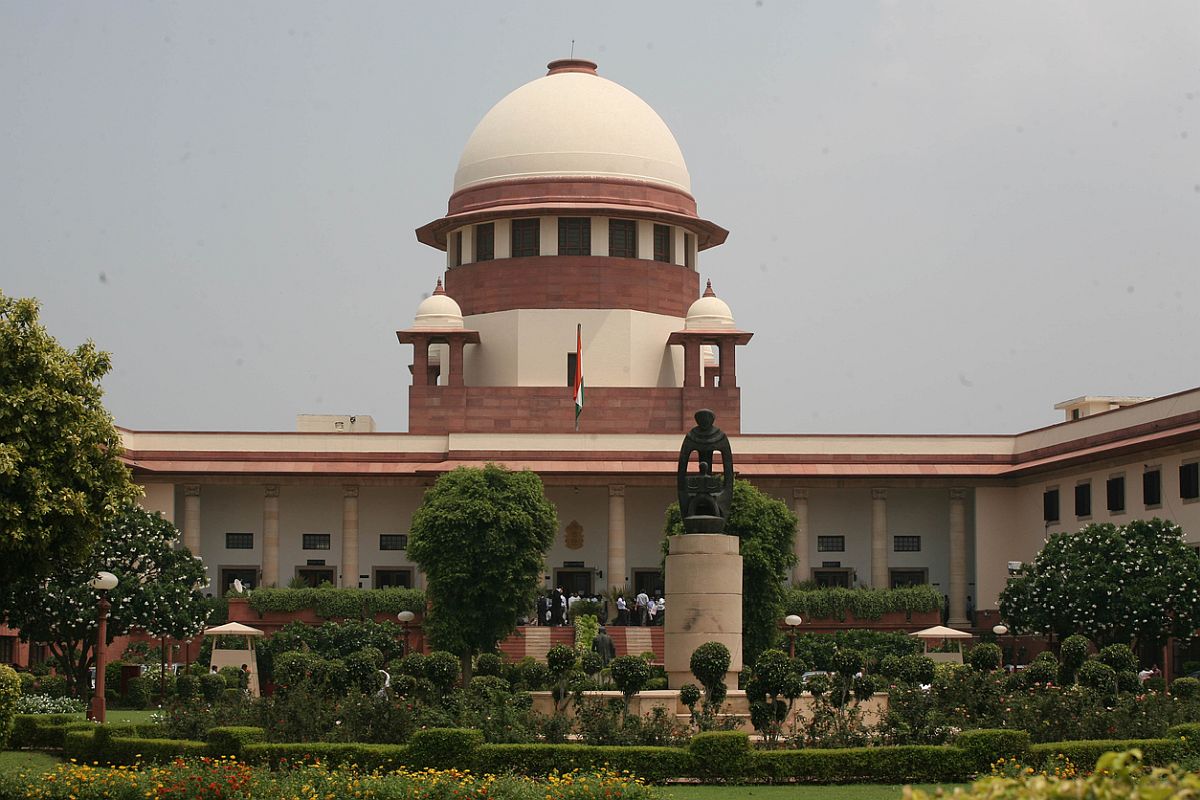
 OpinionExpress.In
OpinionExpress.In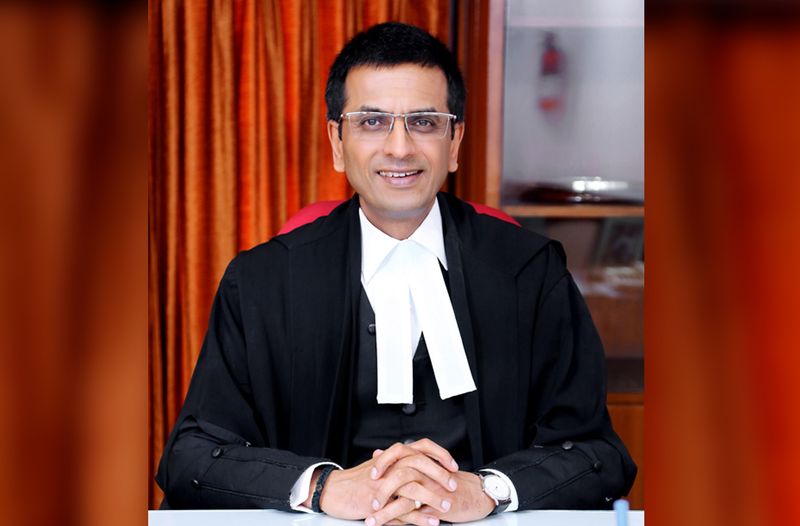
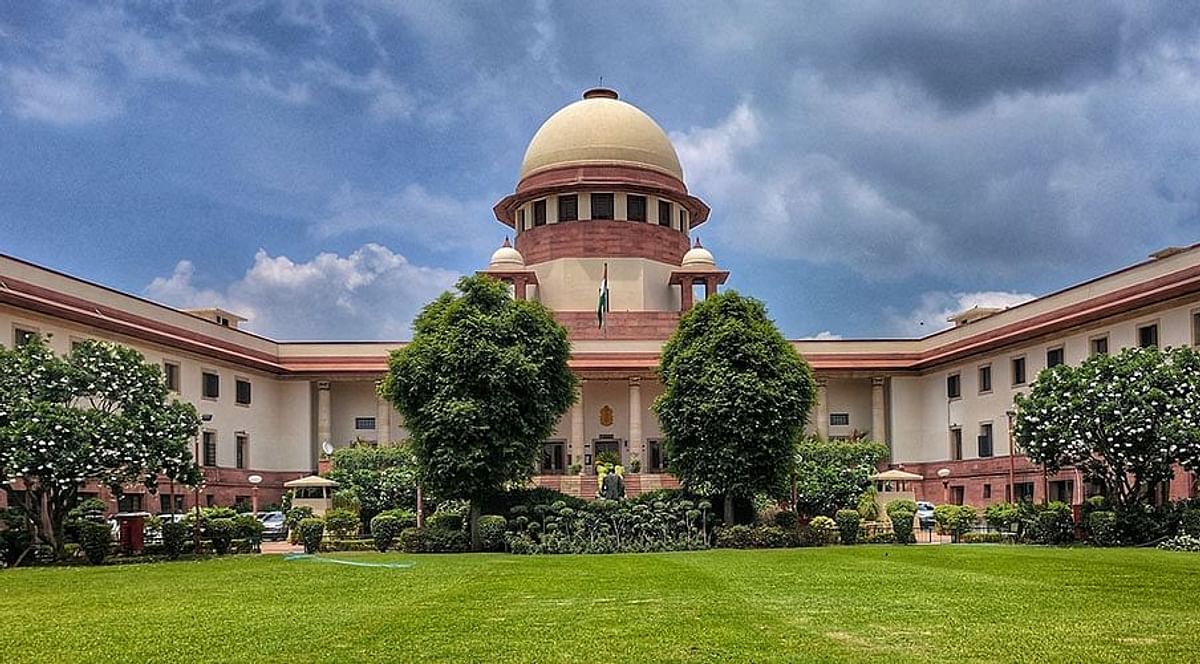
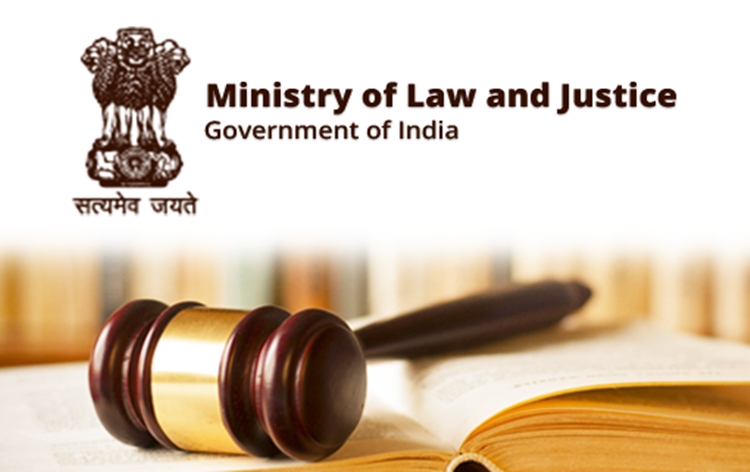
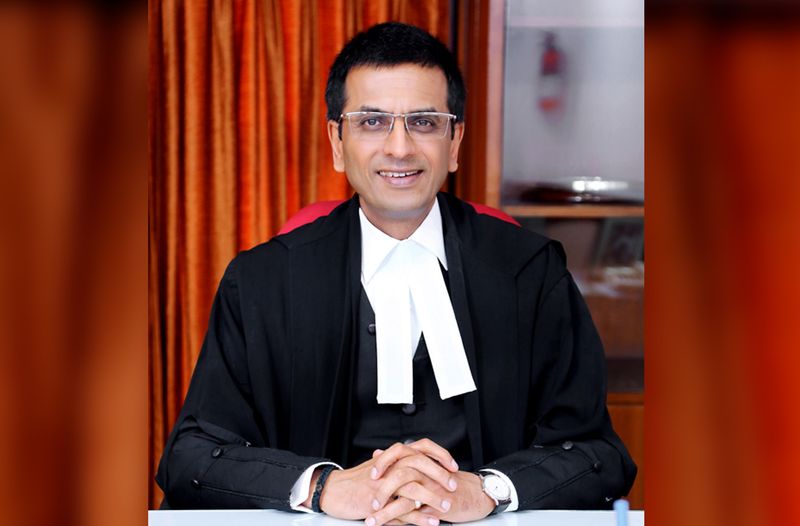
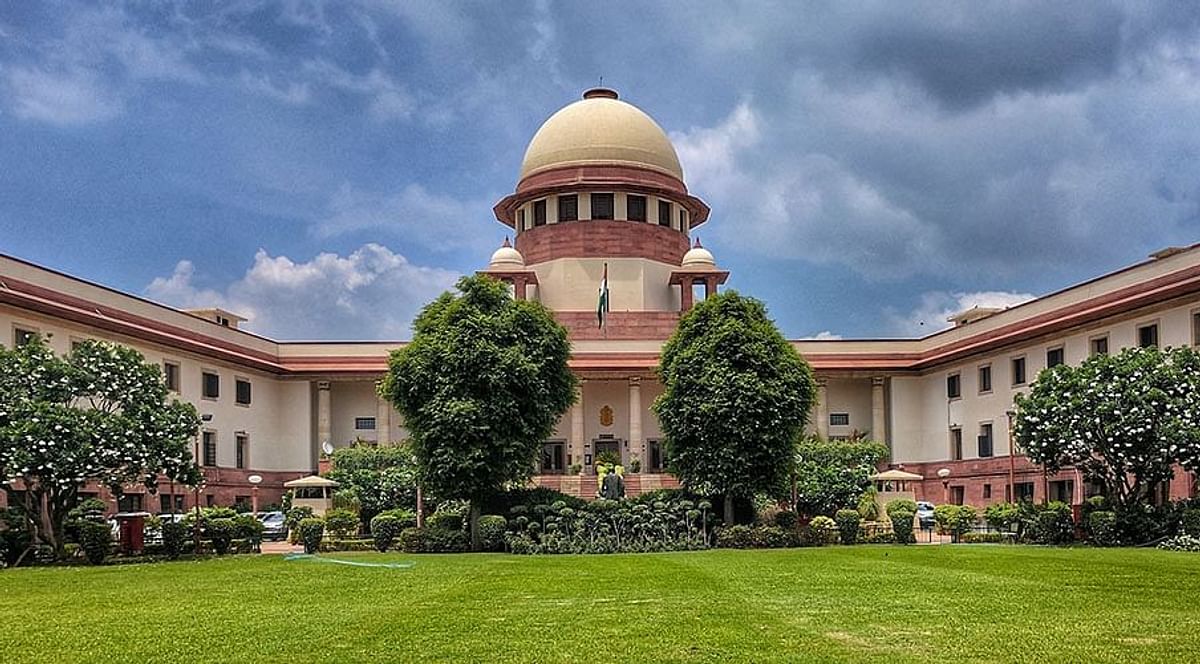
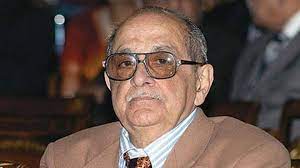
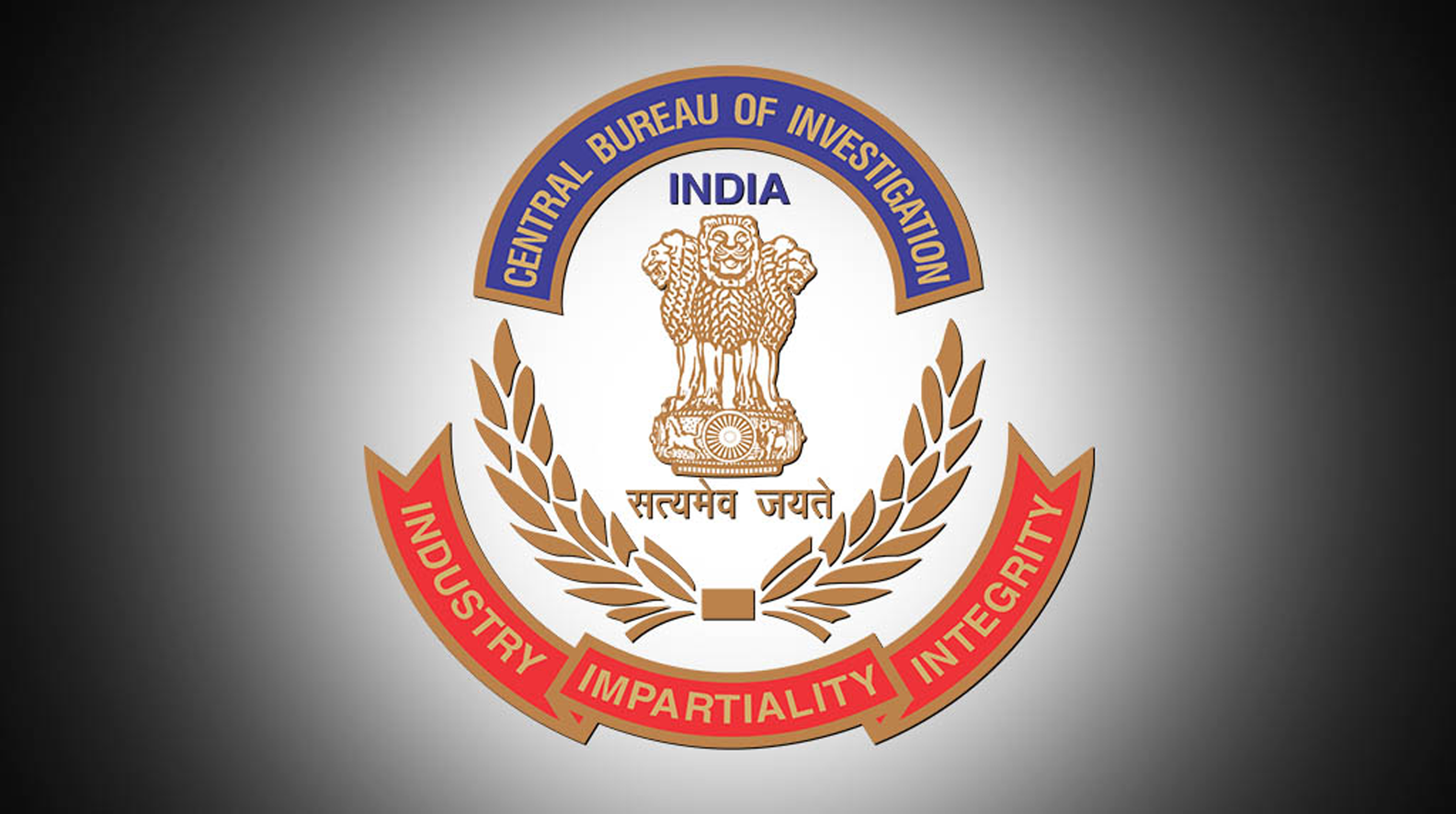
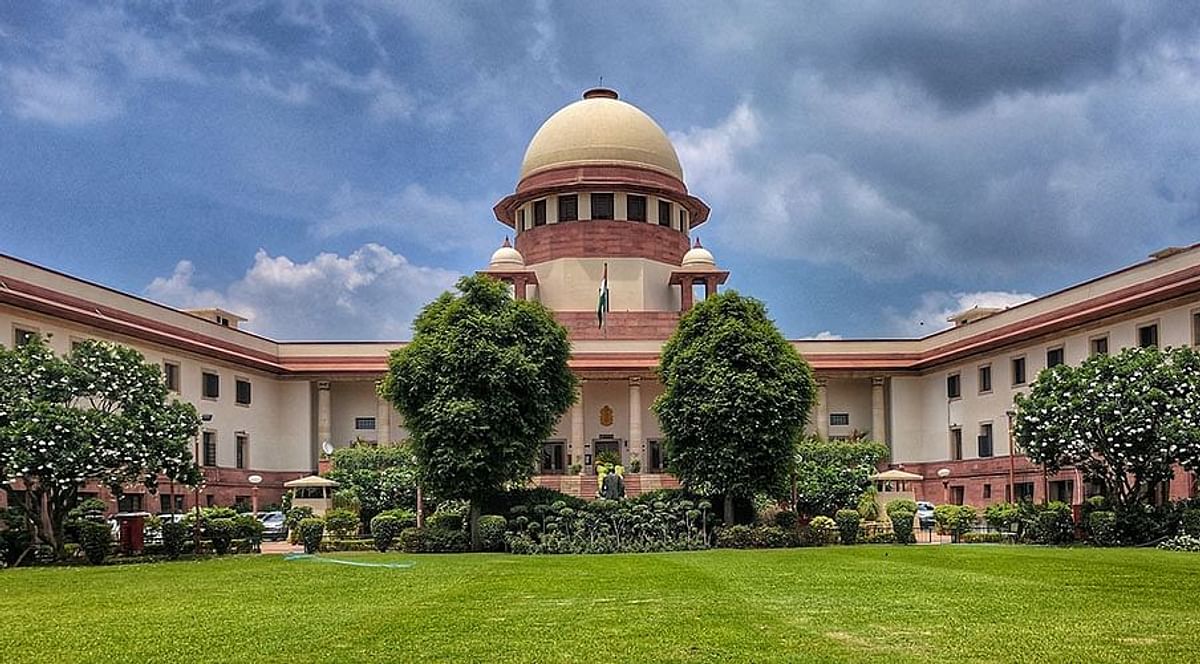
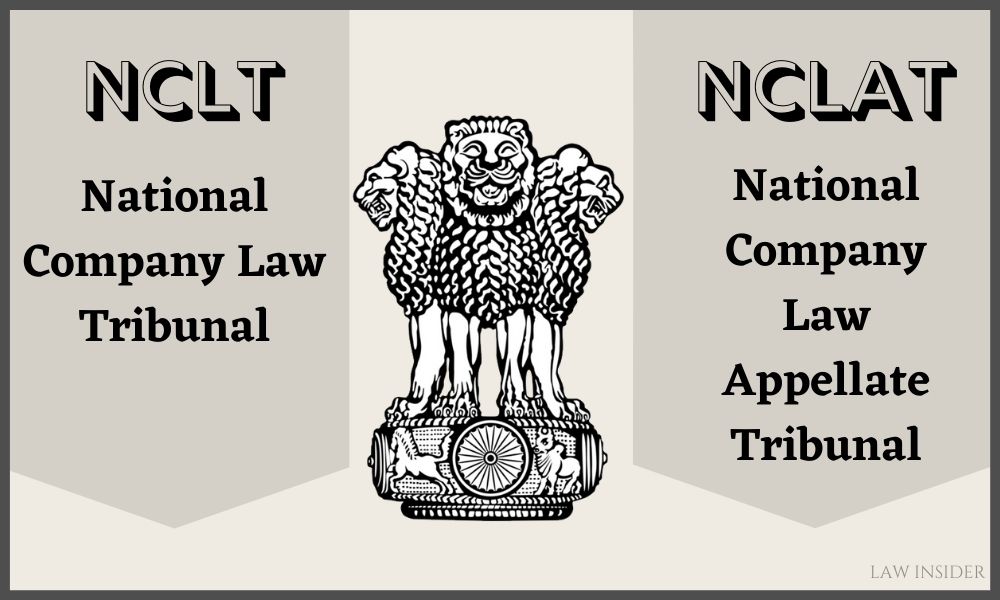
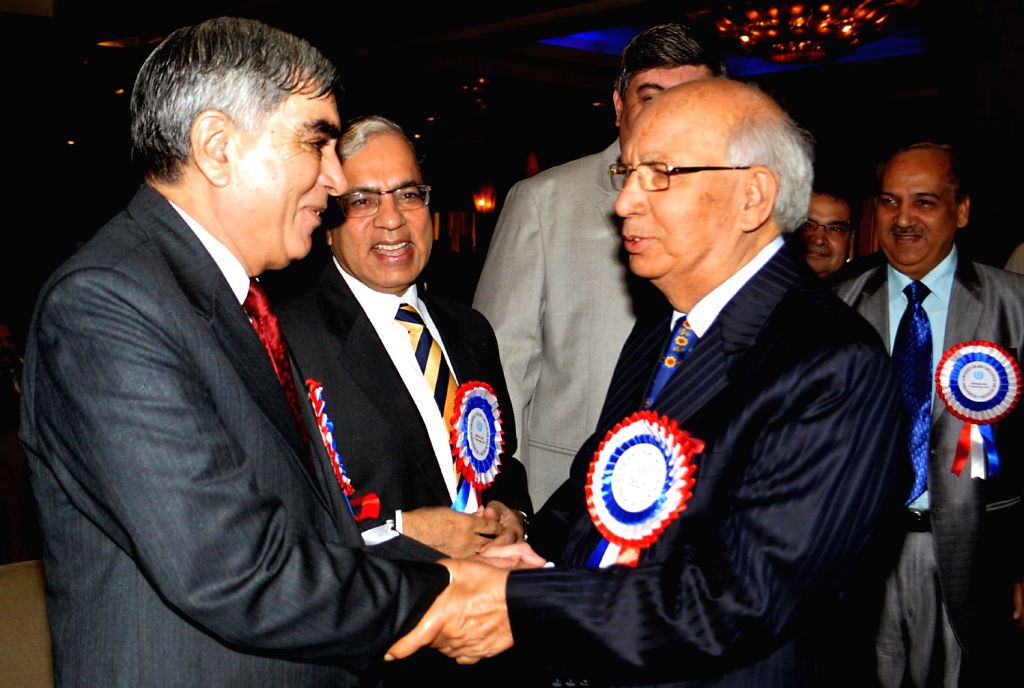






Comments (0)